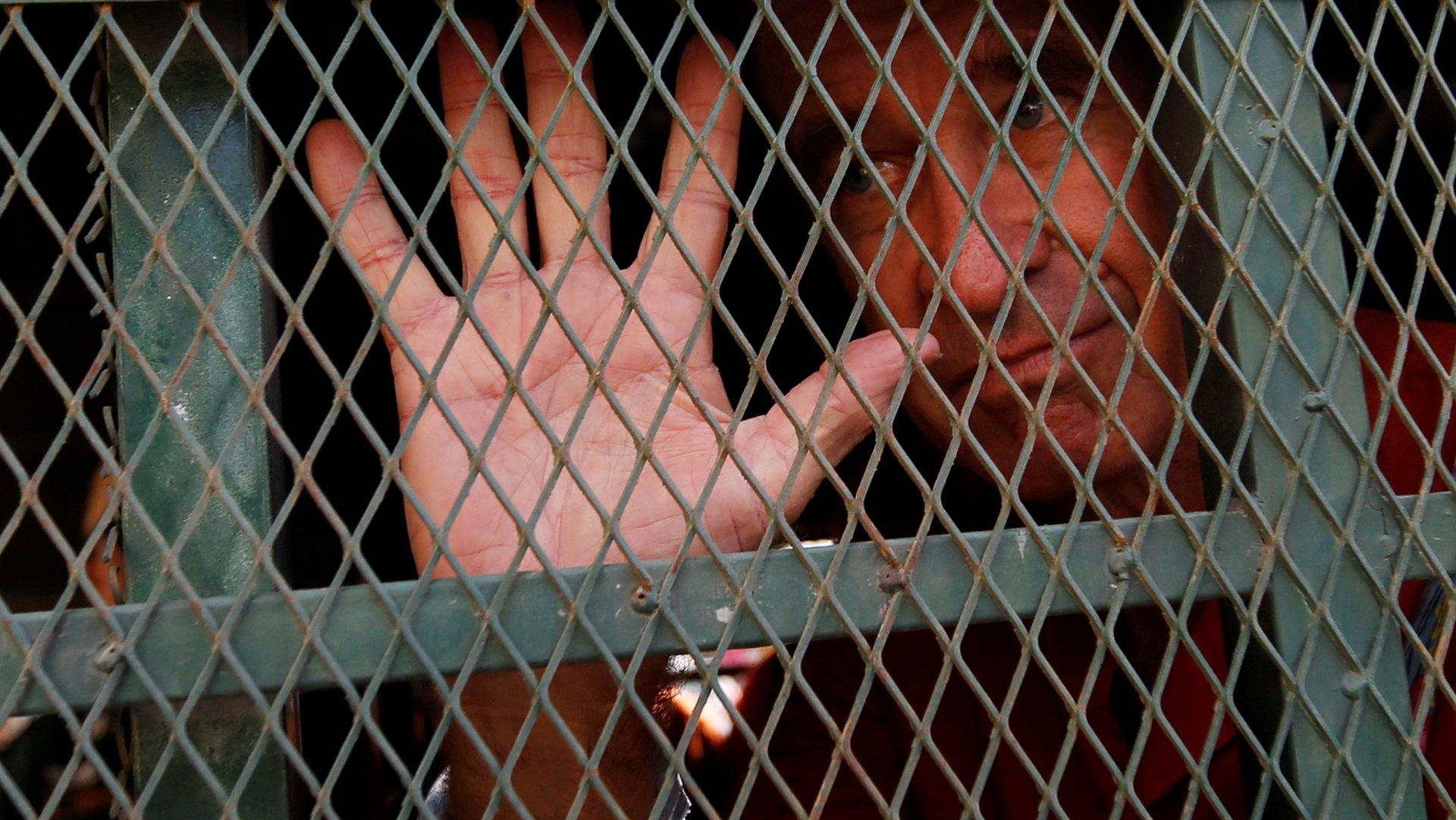Cambodia will imprison an Australian filmmaker who made the world “hate Cambodia”
Cambodia has convicted Australian filmmaker James Ricketson on spying charges after a trial that saw prosecutors accuse him of making the world “hate Cambodia,” through his documentary and other activities, but did not say which country he was allegedly spying for. He has been sentenced to six years in prison.


Cambodia has convicted Australian filmmaker James Ricketson on spying charges after a trial that saw prosecutors accuse him of making the world “hate Cambodia,” through his documentary and other activities, but did not say which country he was allegedly spying for. He has been sentenced to six years in prison.
Ricketson was detained last year for flying a drone at a rally held by the Cambodia National Rescue Party (CNRP), the country’s main opposition party, which was dissolved by the country’s top court in November over allegations of trying to overthrow the government. Ricketson’s own trial on charges of being a foreign agent began in June this year. In court, Cambodian prosecutors argued that Ricketson’s filmmaking activities and visits to Cambodia over two decades provided a cover for spying, and also was aimed at tarnishing the country’s international reputation.
Ricketson is a longtime filmmaker who’s made gritty features set in Australia, including Blackfellas and Candy Regentag, as well as a documentary about pedophilia in Cambodia. Most famously he filmed Philippe Petit’s high-wire walk between the Twin Towers in 1973 that was later the inspiration for the 2008 movie Man on Wire.
Human Rights Watch deputy Asia director Phil Robertson called Ricketson a “scapegoat” in prime minister Hun Sen’s efforts to use a purported plot against the government as backing for a wide-ranging crackdown—and also criticized Australia for failing to do more to help its citizen.
“This trial exposed everything that’s wrong with the Cambodian judicial system: ridiculously excessive charges, prosecutors with little or no evidence, and judges carrying out political orders from the government rather than ruling based on what happens in court,” said Robertson. “The sad part is the Australian government just let Cambodia walk all over them by failing to publicly and consistently challenge this ludicrous charade… This is more proof that Australia’s softly, quietly approach towards Southeast Asian dictators is not just morally bankrupt—it’s also totally ineffective.”
In recent years, after an unexpectedly close election in 2013 with rival CNRP, Cambodia’s longtime ruler has consolidated power forcefully. Apart from the CNRP ban, the Hun Sen government has taken action against numerous independent radio broadcasters as well as newspapers, and police have also pursued people critical of the government on social media. With the CNRP unable to contest elections in July, Hun Sen and the ruling Cambodian People’s Party unsurprisingly won in a landslide. He will be close to completing four decades in power by the time the next ones roll around.